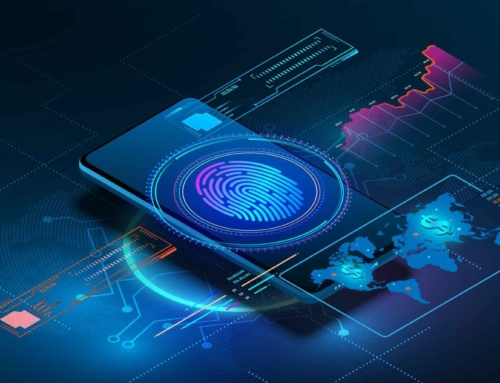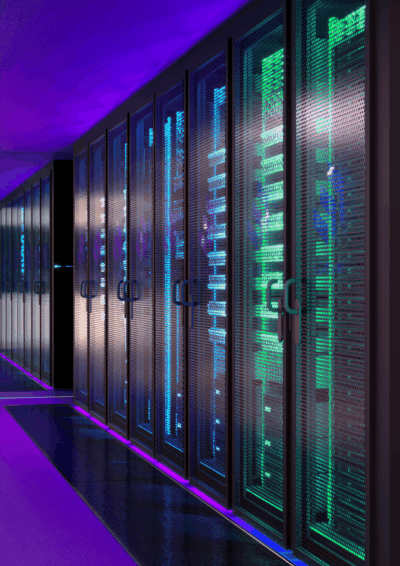Multi-Factor Authentication: Best Practices for Setup
FAQ
What is Multi-Factor Authentication (MFA)? ▼
MFA is a security method that requires users to provide two or more verification factors to gain access to a resource such as an application, online account, or a VPN. Instead of just asking for a username and password, MFA requires additional credentials, like a code from the user’s smartphone, a fingerprint, or a face scan, significantly improving security.
Why is a robust MFA deployment strategy important in IT security? ▼
Having a robust MFA deployment strategy is crucial because it ensures that appropriate security measures protect the most sensitive data and systems. Moreover, it helps in creating a balance between security enhancements and user convenience, while also addressing compliance requirements and mitigating risks associated with data breaches.
How should we evaluate our needs before implementing MFA? ▼
Before implementing MFA, we must assess our organizational needs, which involves identifying the systems and data that require protection, understanding our user base, and examining any regulatory requirements. Additionally, we should consider the potential impact on workflow and user experience to ensure that the MFA solution fits seamlessly into our daily operations.
What factors should we consider when selecting the right MFA methods? ▼
When selecting MFA methods, we should consider the balance between security and usability, the types of verification factors available (such as something you know, something you have, or something you are), and the preferences and capabilities of our users. Furthermore, it is imperative to evaluate the cost, ease of integration, and the need for flexibility across various devices.
How important is user education and training in MFA deployment? ▼
User education and training are critical components of an MFA deployment strategy. By informing users about the importance of MFA and guiding them through the new authentication process, we can smooth the transition, alleviate resistance, and minimize the risk of security incidents due to user error.
What are the technical considerations for scaling MFA across an organization? ▼
Scaling MFA across an organization requires careful consideration of integration and compatibility with existing systems. This includes assessing the infrastructure requirements, ensuring that the MFA system works seamlessly with directory services, and checking the compatibility with legacy systems.
How do we build redundancy into our MFA deployment? ▼
Redundancy in MFA deployment can be achieved by providing multiple authentication options and fail-safes to ensure users maintain access to their accounts during outages or when primary authentication methods fail. This includes backup codes, alternative authentication apps, or using a secondary device to authenticate.
Why is it important to conduct regular audits and update MFA policies? ▼
Conducting regular audits and updating MFA policies are important to ensure that the security measures in place align with the evolving threat landscape and compliance standards. Regular audits help in identifying any weaknesses or inconsistencies, while policy updates allow us to adapt to new security challenges and changing organizational needs.
How can we address user resistance and adoption hurdles in MFA deployment? ▼
To address resistance and adoption hurdles, one can involve stakeholders early in the process, offer user-friendly authentication options, and provide comprehensive support and training. Moreover, explaining the benefits and necessity of MFA can foster a stronger security culture within an organization. Consequently, user participation and buy-in are essential for a successful MFA deployment.
What should we do if a user loses access to their MFA method? ▼
If a user loses access to their MFA method, one should have recovery processes in place that allow them to regain access securely. This may involve using backup verification methods, temporary access provisions, or involving our IT security team to verify the user’s identity and initiate a secure process for re-establishing their MFA credentials.








 You want to enter in a fully burdened labor rate for this field. What that means is that you want to take the base hourly rate, plus 25-30% for employer payroll taxes, benefits, vacation/holiday time, etc.
You want to enter in a fully burdened labor rate for this field. What that means is that you want to take the base hourly rate, plus 25-30% for employer payroll taxes, benefits, vacation/holiday time, etc.
 Smoke testing is a type of software testing performed by Alvaka after a software patching sequence to ensure that the system is working correctly and to identify any misconfigurations or conflicts within the patched system.
Smoke testing is a type of software testing performed by Alvaka after a software patching sequence to ensure that the system is working correctly and to identify any misconfigurations or conflicts within the patched system. Smoke testing is a term used to describe the testing process for servers after patches are applied.
Smoke testing is a term used to describe the testing process for servers after patches are applied.  This is a basic cost calculator for you to compute your typical monthly cost for patching your servers, PCs, laptops, tablets and associated application software. It also forms the basis for you to begin calculating your Return on Investment for software patching, or for comparison with alternatives to the manual process of patching operating systems and application software—such as Patch Management as a Service, also known as Vulnerability Management as a Service.
This is a basic cost calculator for you to compute your typical monthly cost for patching your servers, PCs, laptops, tablets and associated application software. It also forms the basis for you to begin calculating your Return on Investment for software patching, or for comparison with alternatives to the manual process of patching operating systems and application software—such as Patch Management as a Service, also known as Vulnerability Management as a Service.